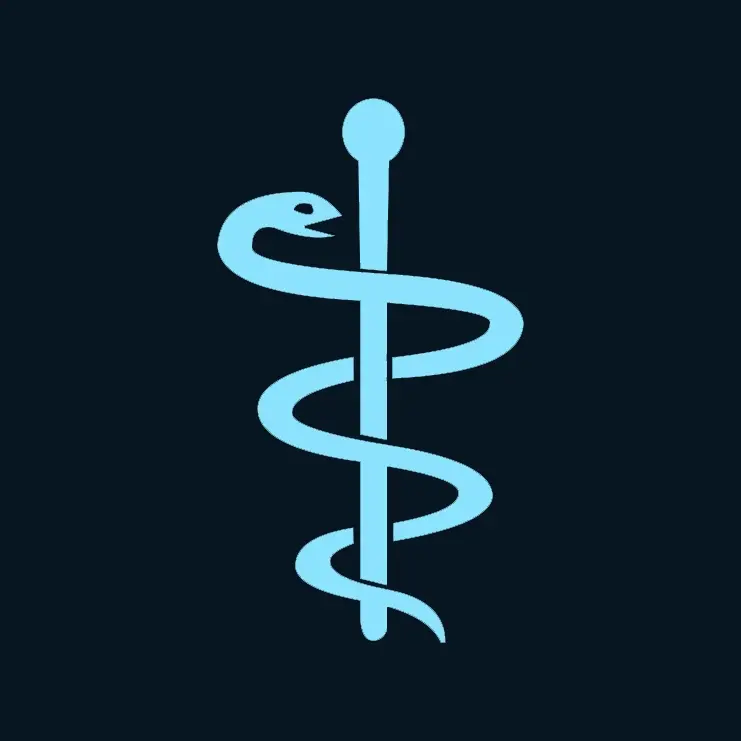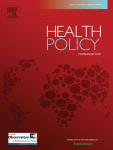ABSTRACT
Background
In 2020, the Netherlands adopted an opt-out registration system for organ donation meaning that consent for donation is presumed except when someone actively objects against this. This change in organ donation default policy may change the division of roles between relatives and physicians during conversations.
Objectives
To compare role performance of relatives and physicians in organ donation conversations in the opt-in and opt-out systems.
Methods
We applied an institutional ethnographic approach to compare cases from the former opt-in system in which there was ‘no registration’ to the ‘presumed consent cases’ in the opt-out system.
Results
We audio-recorded six no registration conversations from the opt-in period, and compared these with eight presumed consent conversations from the opt-out period, and conducted sixteen interviews with physicians conducting the conversations. The data show the effect of the system transition on the role division between relatives and physicians in donation conversations. In the opt-in system, physicians and relatives together aimed for a yet to be taken decision, while in the opt-out system, the physicians started the conversation with the registered choice. Ethical deliberation about organ donation is therefore pushed to the background the role of the physician is more tilted to providing relevant factual information and implementing the patient’s choice.
Conclusions
The change to opt-out did likely alleviates the burdensome role of relatives to make morally charged donation choices for their relatives, since organ donation conversations about patients presumed to consent commence with a clear picture of what the potential donor’s wish is.


